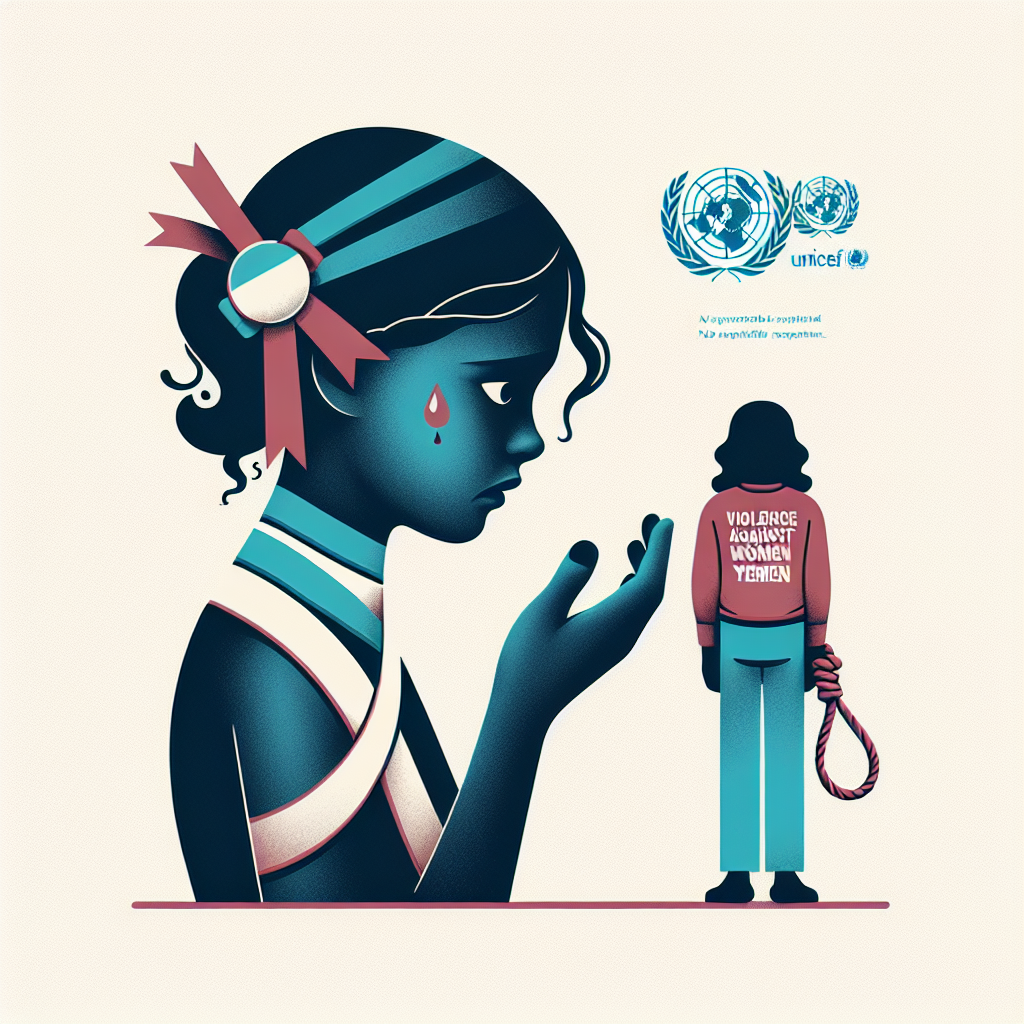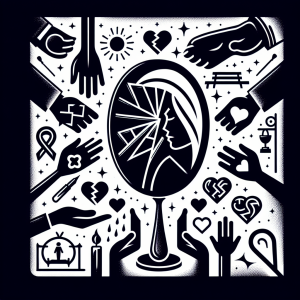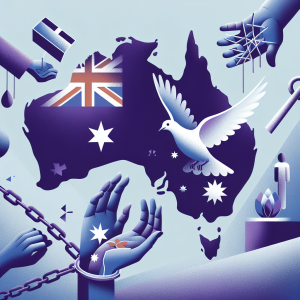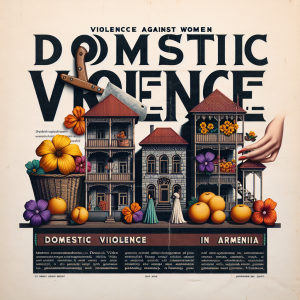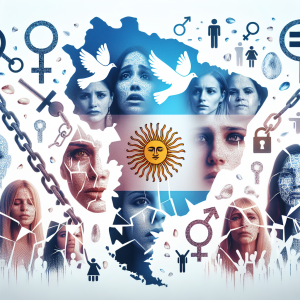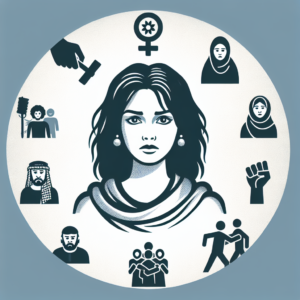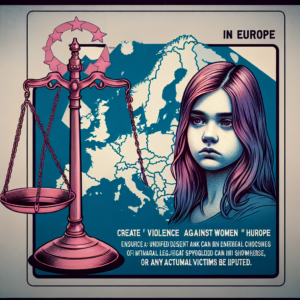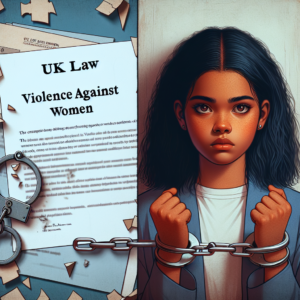#MeToo
The Persistent Crisis: Women’s Hardship in Yemen
In the expansive Middle East, Yemen starkly illustrates the devastating effects of conflict, not only on its terrain but on societal norms as well. Women find themselves among the most affected, with their rights and dignities notably diminished amidst prolonged strife. International bodies, prominently including the United Nations Children’s Fund (UNICEF), have highlighted the intensifying women’s rights emergency in Yemen.
Examining the Condition of Women’s Rights in Yemen
The extended conflict engulfing Yemen for over a decade has led to one of the most critical humanitarian crises globally. Women, grappling with deep-seated gender biases, face increased hardships that encroach on their survival, esteem, and liberties. These include:
- Violence: The risk of physical and sexual violence, alongside abuse and exploitation, has markedly risen for women and girls.
- Healthcare: Crumbling infrastructure severely restricts healthcare access, gravely affecting pregnant women and young mothers.
- Education: The repurposing of educational facilities as shelters or military quarters has severely interrupted the schooling of girls, compromising their future opportunities.
- Economic Security: Economic collapse has driven women into severe poverty, curtailing their access to vital services and resources.
Voices of Advocacy: Reflecting on the Crisis
The dire situation of women in Yemen has been spotlighted by numerous writers and activists, emphasizing the disproportionate fallout on women. Their narratives underscore the pressing need for responsive measures.
Malala Yousafzai’s words, “We cannot all succeed when half of us are held back,” though not directly aimed at Yemen, resonate deeply with the plight of Yemeni women, hindered by ongoing turmoil and entrenched gender biases.
From within Yemen, advocates such as Nada Al-Ahdal amplify calls for equity and justice, asserting, “The women and girls of Yemen are more than mere numbers in reports; they are beings of dreams, rights, and vast potential. Each day of inaction is a day stolen from their future.” @nadalahdal
UNICEF and the Global Response
In response to these critical challenges, UNICEF, alongside its allies, has been earnestly striving to alleviate the hardships faced by women and children in Yemen. Actions taken include:
- Ensuring access to crucial healthcare, including reproductive services, for women and children.
- Facilitating education through alternative learning models, especially for girls, to continue their studies.
- Deploying protection initiatives to prevent and address violence against women and girls, support victims emotionally, and champion their rights at every governance level.
- Advancing economic empowerment schemes to assist women in achieving financial autonomy and family support.
Despite these initiatives, the conflict’s complexity and the vast humanitarian needs require more pronounced international engagement. Amplifying and extending these efforts is vital.
The Road Ahead: Rebuilding and Recovery
To address the crisis of women’s rights in Yemen, a multi-layered approach extending beyond immediate relief is crucial. Key steps include:
- Peace-building efforts: Ceasing the conflict is paramount for any form of recovery. Peace talks must underscore women’s rights protection and promotion.
- Investing in education: Supporting educational infrastructure will embolden future women leaders who can champion their rights and engage in national reconstruction.
- Economic development: Promoting economic initiatives for women is critical to Yemen’s sustainable recovery.
- Strengthening healthcare systems: Access to comprehensive health services is crucial for women’s health and the wellbeing of generations to come.
Conclusion: The Imperative for Action
The women’s rights crisis in Yemen starkly exposes how conflict magnifies gender disparities, placing women’s lives and futures in grave jeopardy. It is incumbent upon the international community, led by bodies like UNICEF, to champion and safeguard the rights of Yemeni women and girls.
Heeding Malala Yousafzai’s reminder, “We cannot succeed when half of us are held back,” it is critical to address the crisis in Yemen and pledge towards a future where every woman and girl can enjoy peace, dignity, and equality. Despite challenges, with global dedication and resilience, hope prevails for the women and girls of Yemen.
#NadaFoundation
#domestic_violence
#Nada_Foundation
#NadaAlahdal
#UNICEF #Sounds #Alarm #Womens #Rights #Crisis #Yemen
unicef-sounds-alarm-on-womens-rights-crisis-in-yemen



